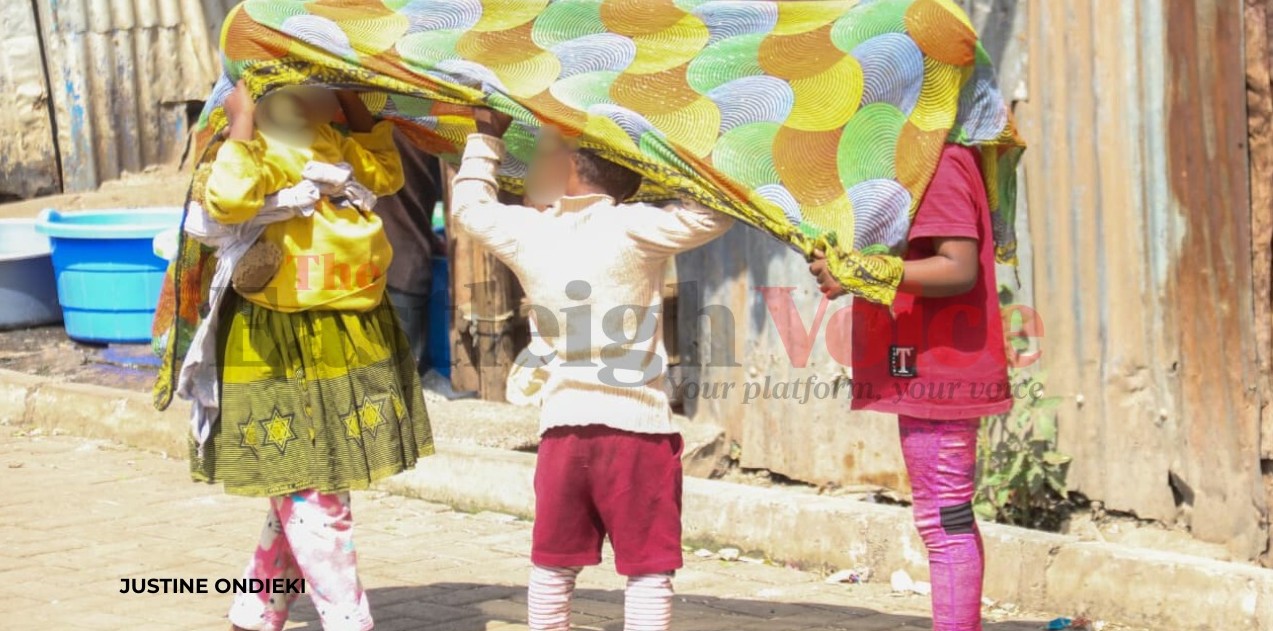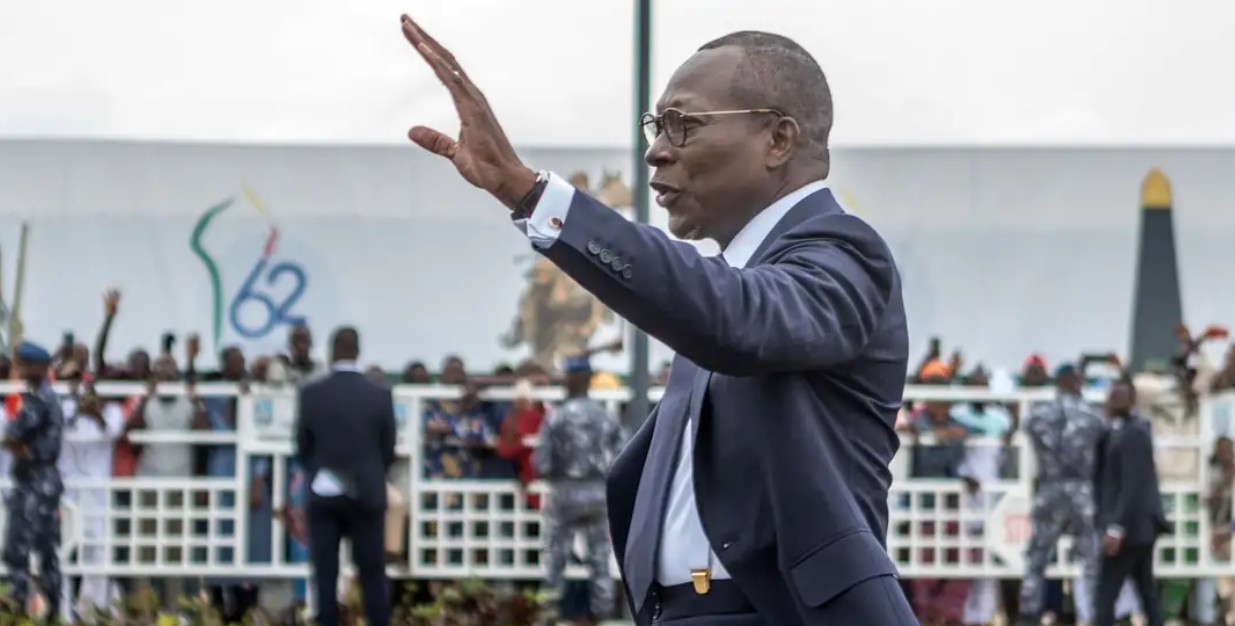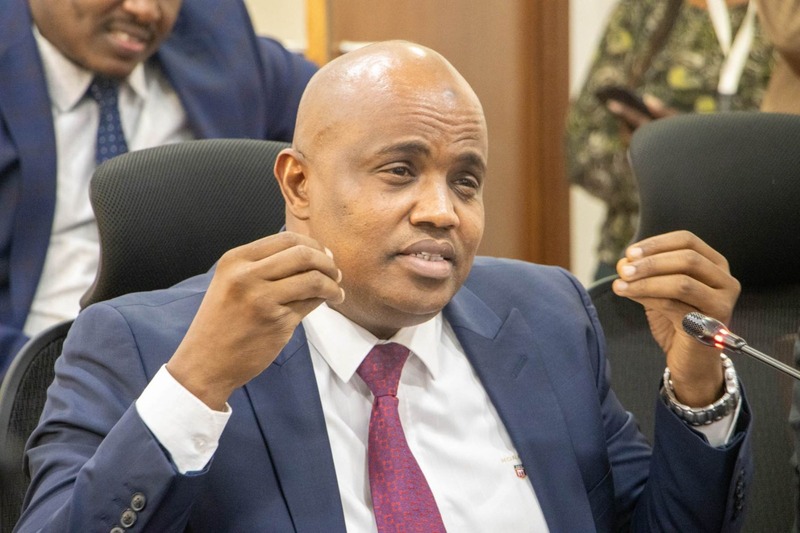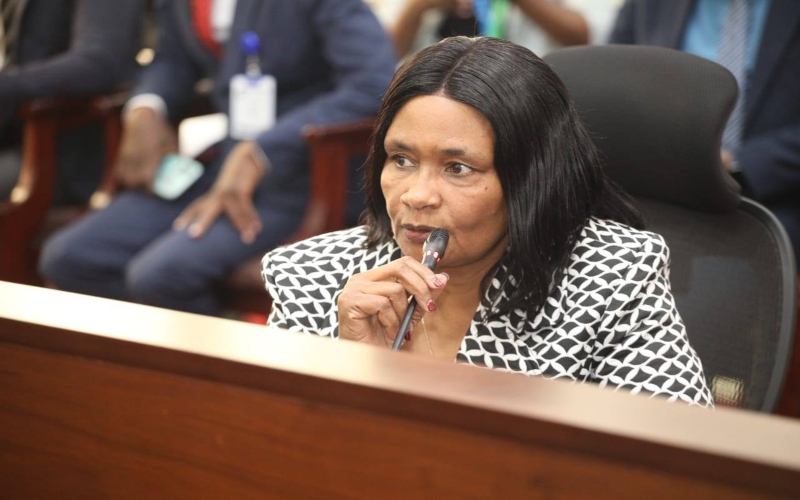Kemri sounds alarm over budget snub, warns of research collapse and health crisis
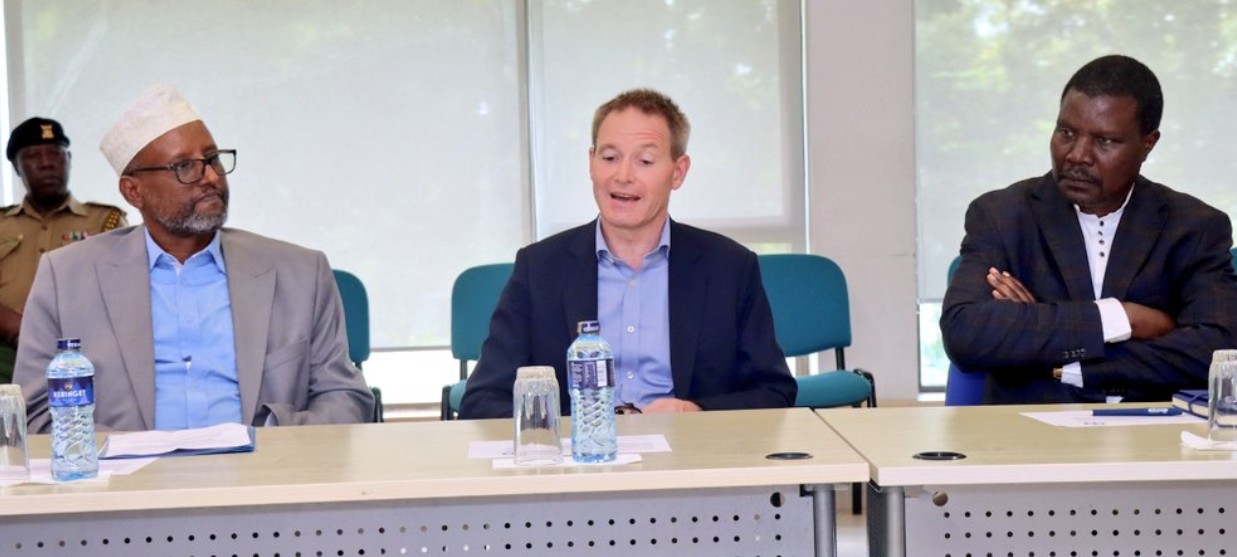
According to the institute, the government has only allocated Sh2.7 billion for salaries and recurrent expenses, without a single coin directed to research activities.
The Kenya Medical Research Institute (Kemri) has warned that it may be forced to shut down operations after being left out of the 2025/2026 budget for medical research, putting the country’s disease surveillance, diagnostics, and innovation efforts at serious risk.
According to the institute, the government has only allocated Sh2.7 billion for salaries and recurrent expenses, without a single coin directed to research activities.
More To Read
- UNICEF, Save the Children hail Turkana’s progress in tackling malnutrition
- KEMRI-JKUAT collaboration secures court ruling to protect senior scientists from early retirement
- KEMRI, Health Ministry warn of potential malaria outbreak in Kakamega
- KEMRI, Gates Foundation launch Sh516 million initiative to boost women’s health research
- KEMRI staff take fight for equal allowances to Court of Appeal
- Kenya launches new polio lab to boost regional virus surveillance
Kemri’s acting Director-General, Prof Elijah Sonkok and board chairperson, Dr Abdulahi Ali, confirmed that the funding gap had pushed the institute into a deepening financial crisis, even as critical projects and clinical trials remain suspended.
The leadership, which had travelled to Kilifi for a meeting with British High Commissioner Neil Wigan, is now banking on international partners to sustain its operations.
“Our major challenge is that 80 per cent of the funds we use at Kemri come from donors. This is a security risk—not just for Kenya but for the entire region. As you saw recently, when funding from the US was stopped, we struggled,” Sonkok during a media briefing.
Far-reaching consequences
He said Kemri is now depending on the UK government to keep going, and warned that the collapse of the institution would have far-reaching consequences across health, innovation and community wellbeing.
“We are depending on the UK government to sustain our operations. We appeal to the British High Commissioner not to withdraw support. The collapse of this institution would have far-reaching consequences,” he said.
Sonkok lamented that although Kemri plays a critical role in medical research and innovation, not a single shilling had been allocated for those activities in the 2025/2026 budget.
“Not a single shilling has been allocated to medical research; absolutely nothing. Yet the work we do benefits Kenyans, Africa, and the world,” he said.
He noted that the Kilifi branch alone contributes 40 per cent of Kemri’s total research output and was instrumental during the Covid-19 pandemic.
“When Covid-19 emerged, we were the first to identify it in the country. We developed tools to control the pandemic, including diagnostics and therapeutics,” Sonkok said.
Long-term sustainability
Despite the financial constraints, Kemri says it is exploring new opportunities and calling for policy amendments to secure long-term sustainability. One of the institute’s key proposals is an amendment to the Social Health Authority (SHA) Act to allow funding for research.
Sonkok pointed out that SHA, though a devolved health programme, does not support medical research due to policy limitations. He warned that this gap is hampering progress in health innovation.
“Research is essential to the healthcare system and cannot be sidelined,” he said.
He further revealed that Kemri had already suspended several critical research and clinical trials due to a lack of funds.
“We have potential cancer treatments based on traditional medicine, but since donors aren’t prioritising them, it’s up to Kenyans to support such locally driven solutions,” he said.
“We have many potential solutions lying idle at Kemri. We cannot proceed with clinical trials due to a lack of funds. But SHA presents an opportunity.”
SHA collections
Kemri is now lobbying the public and Parliament to support a legislative amendment that would allow 0.1 per cent of the Sh7 billion collected monthly by SHA to be directed to research institutions, including universities.
“If Kemri is improving lives, we shouldn’t argue that it’s too painful to fund it through taxes. If we can get even that small percentage of SHA money, we will revolutionise research in Kenya,” Sonkok said.
Dr Ali said Kemri has 15 centres across the country, including in Mandera, Kisumu, Siaya, Eldoret, Kirinyaga, Mombasa, Kwale, and Nairobi. He added that the government had previously provided small grants to junior researchers, but that support had also dried up.
“Most of our research funding comes from donors. The government used to provide small grants for junior researchers, but that has dried up,” he said.
He noted that Kemri is still pushing for inclusion in the 2026/2027 budget, even as it explores donor partnerships to avoid shutting down key operations.
Top Stories Today

